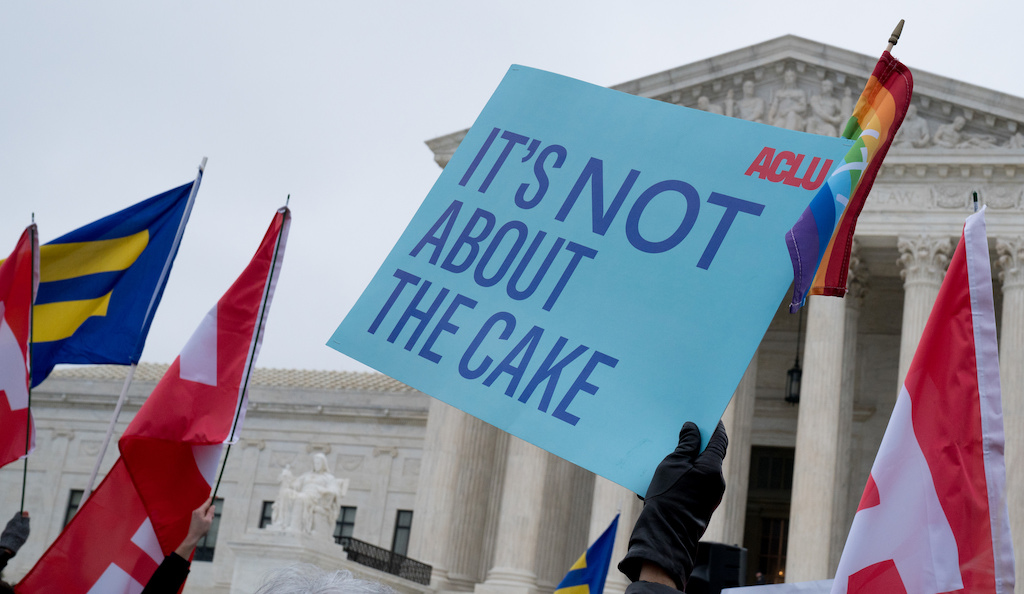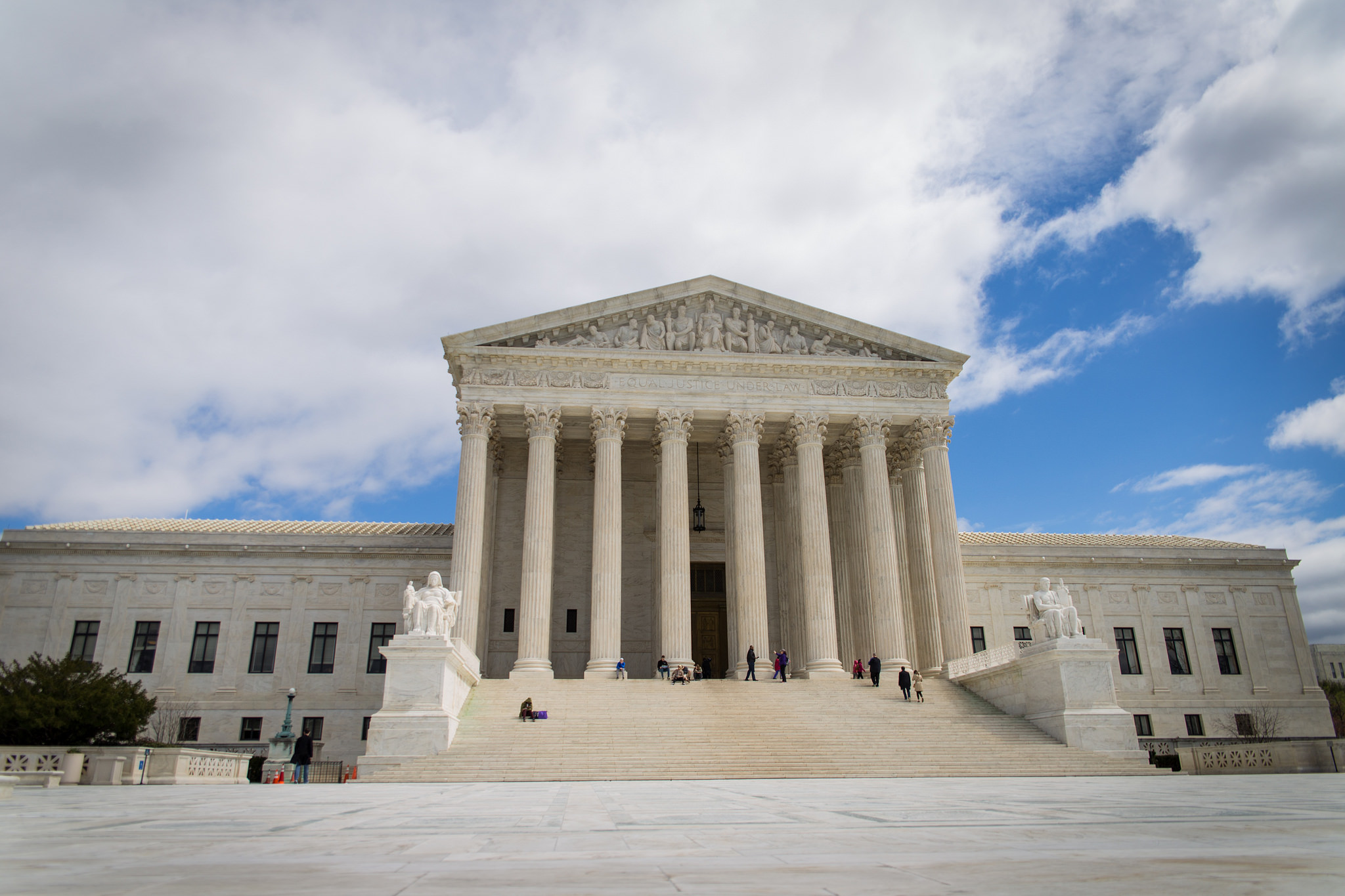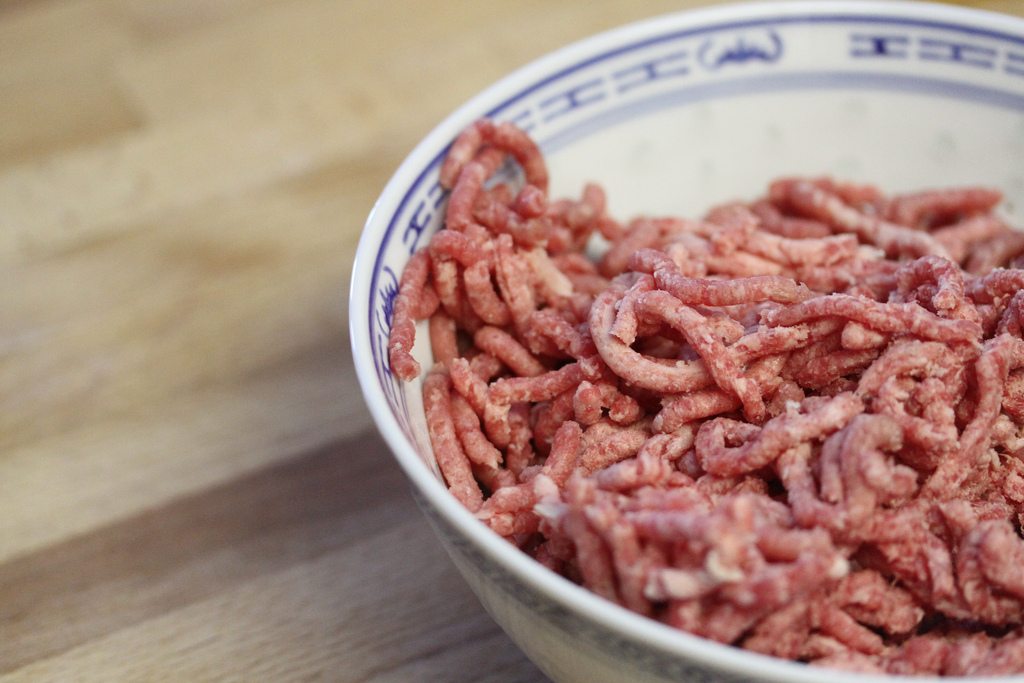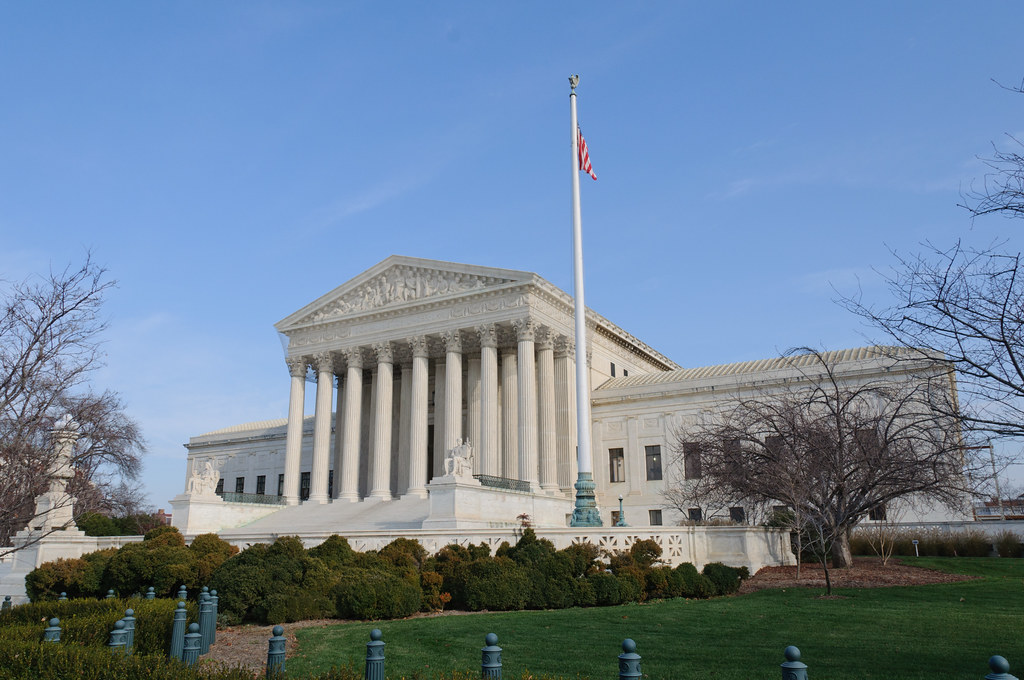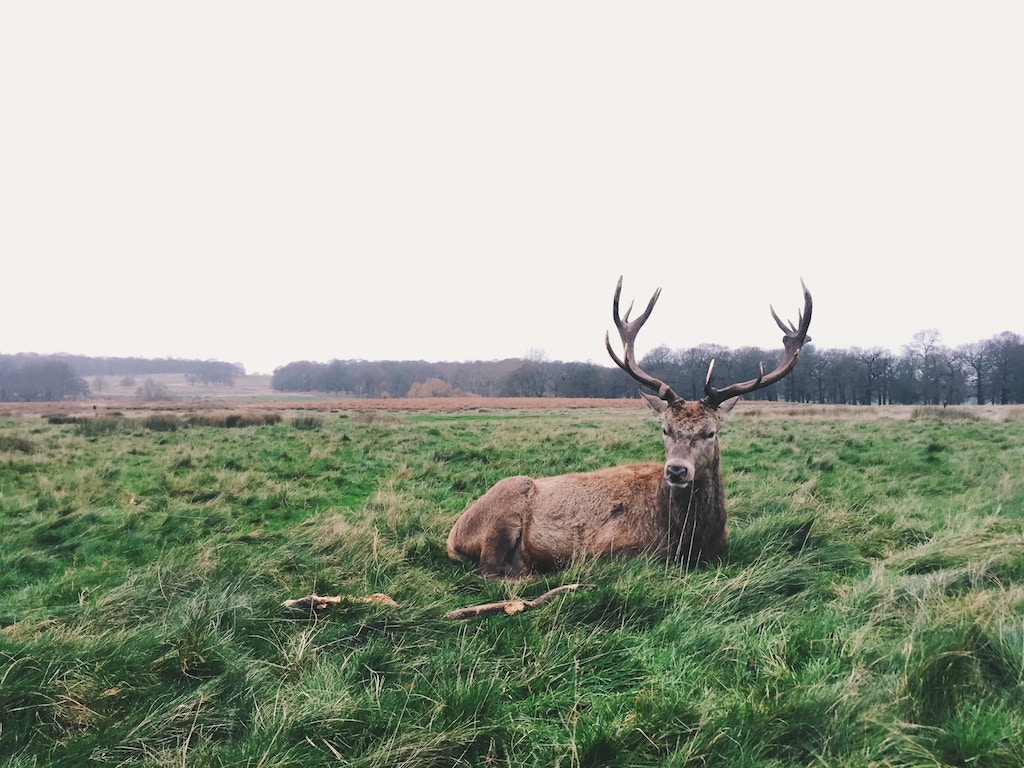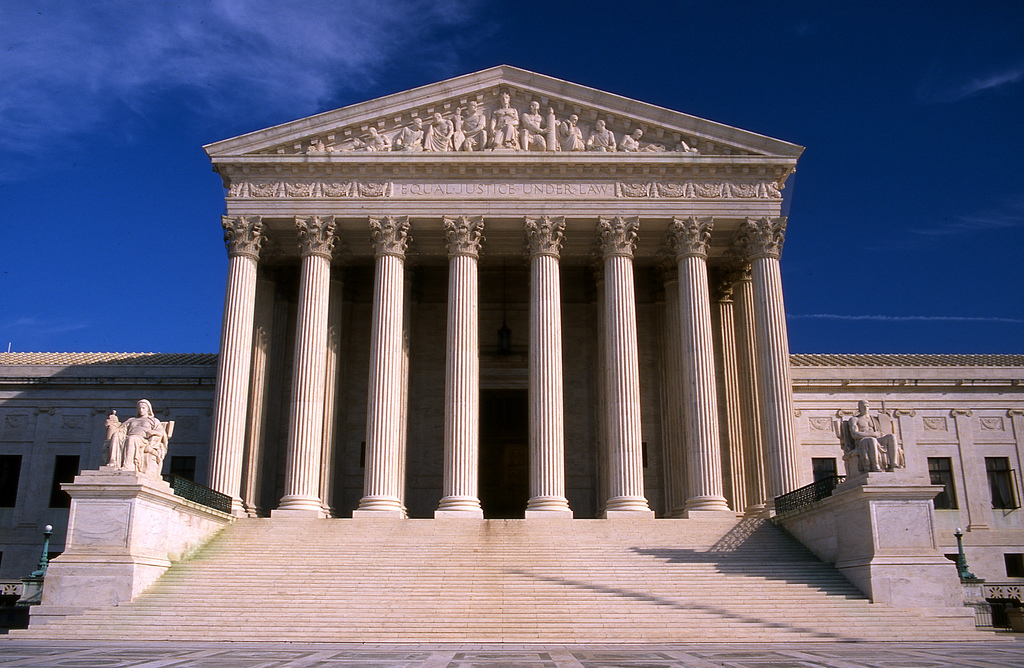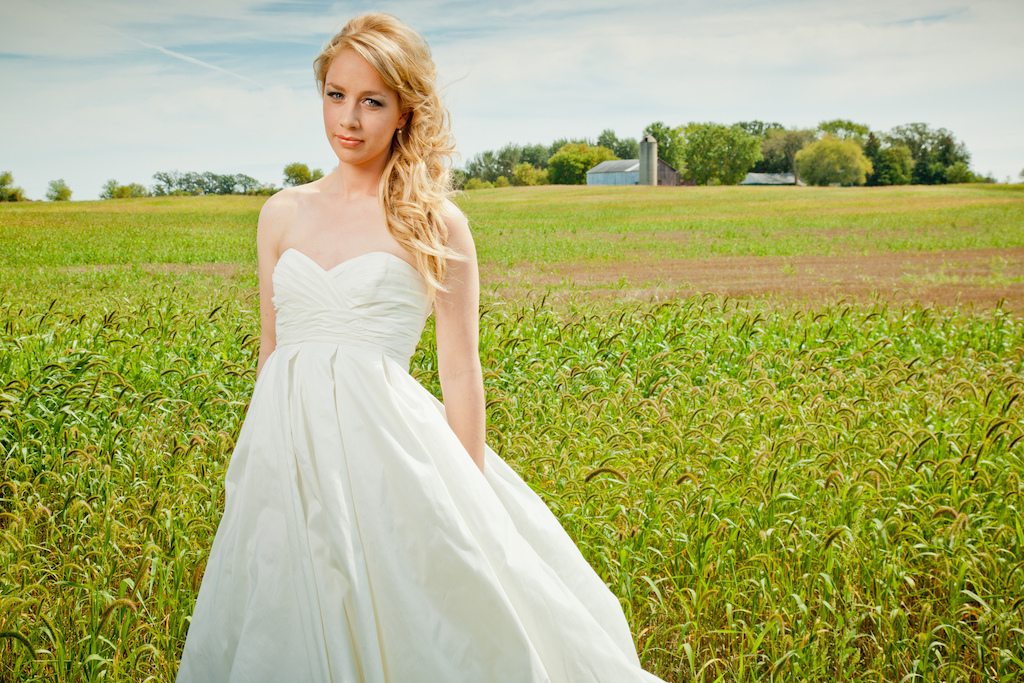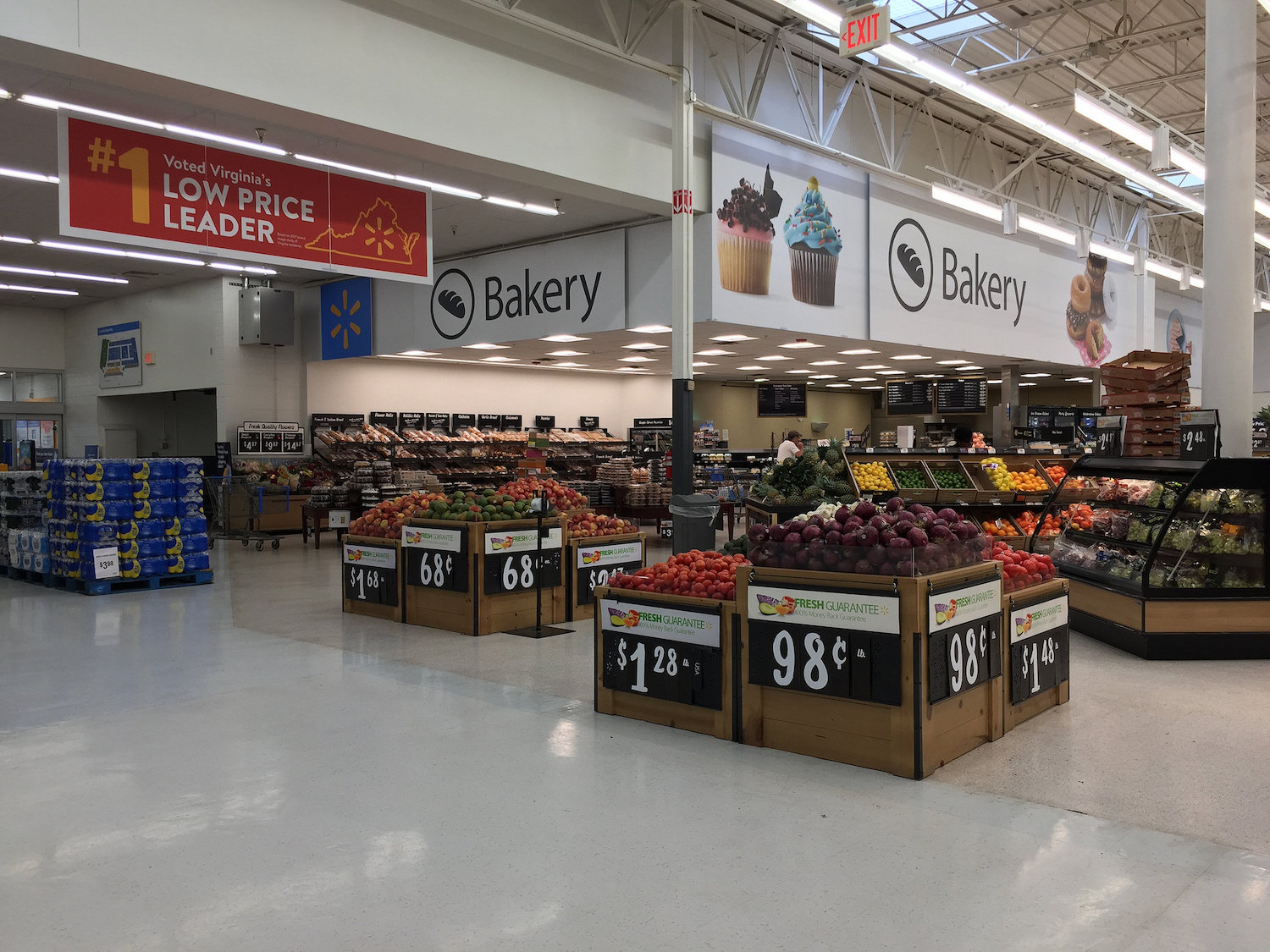The Supreme Court on Monday morning ruled 7-2 in favor of a Colorado baker who refused to bake a wedding cake for a gay couple in 2012, citing his religious opposition to gay marriage. Jack Phillips, who owns Masterpiece Cakeshop in Lakewood, Colorado and calls himself a devout Christian, argued that being forced to create a cake that conflicted with his own beliefs would violate his first amendment right to free expression. We covered the case back in December when the Court was hearing oral arguments.
As our reporter Sam Bloch wrote at the time, the case hinged on a fundamental question: Is food art?
In an opinion penned by Justice Anthony Kennedy, the Supreme Court answered “yes.” Kennedy writes that Phillips’ argument “has a significant First Amendment speech component and implicates his deep and sincere religious beliefs.” Kennedy adds that, since gay marriage wasn’t legal in Colorado in 2012, there is “some force” to Phillips’ argument that he was following the law.
Kennedy acknowledges that decorated wedding cakes, though lovely, may never hang on the walls of the Met. “The free speech aspect of this case is difficult, for few persons who have seen a beautiful wedding cake might have thought of its creation as an exercise of protective speech.” But he adds: “This is an instructive, however, of the proposition that the application of constitutional freedoms in new contexts can deepen our understanding of their meaning.”
As Bloch wrote for The New Food Economy in December, the ruling is significant for other small business owners, including wedding photographers and florists, who have been waiting in the wings to see what the Supreme Court rules. Though their arguments previously have not held up in the lower courts, this decision may precipitate a reversal.
“I think that’s a dangerous precedent to set,” Danielle Weatherby, a law professor at the University of Arkansas, told Bloch in December. “I don’t mean to sound dramatic, but it could lead to a system where a large portion of service providers won’t serve a particular group of individuals.”
